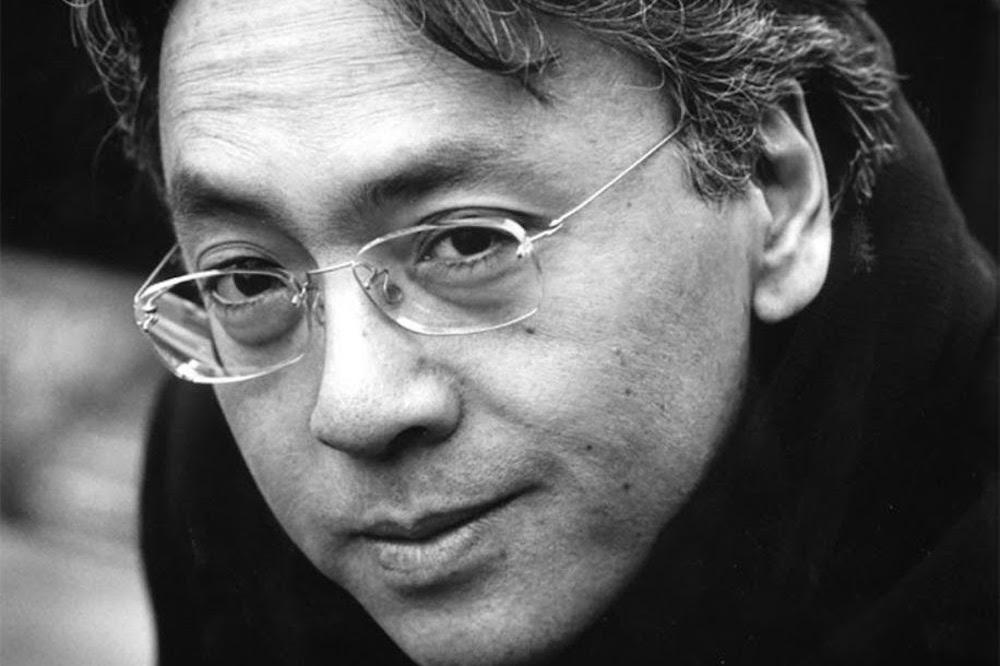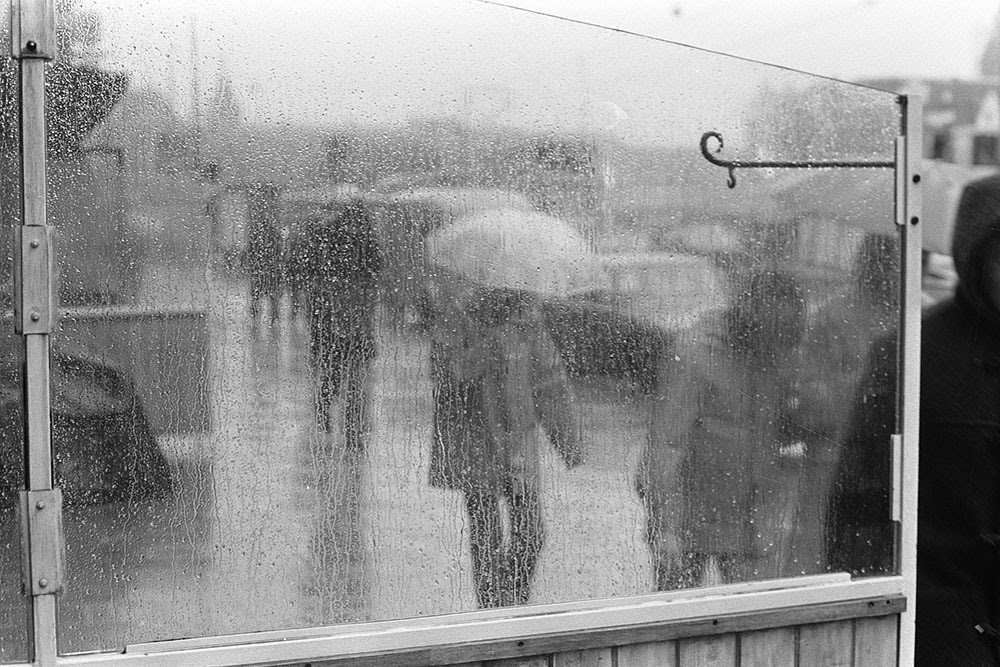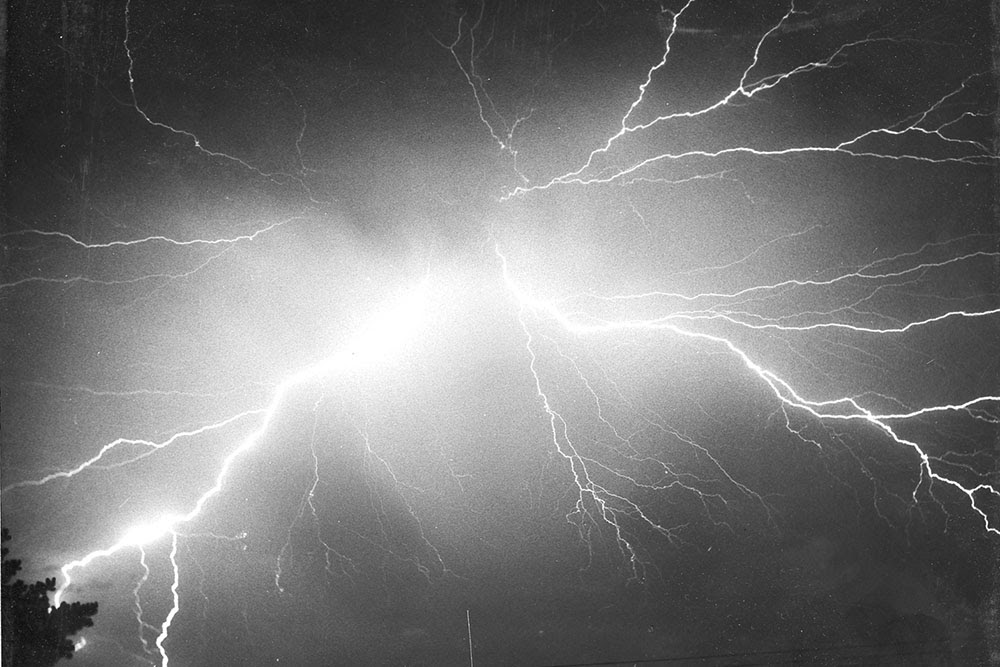Every week, the editors of The Paris Review lift the paywall on a selection of interviews, stories, poems, and more from the magazine’s archive. You can have these unlocked pieces delivered straight to your inbox every Sunday by signing up for the Redux newsletter.
This week at The Paris Review, we’re thinking about summer storms, rain, thunder, lightning, and everything watery. Read on for Kazuo Ishiguro’s Art of Fiction interview, Larry Woiwode’s short story “Summer Storms,” and Denise Levertov’s poem “Sound of the Axe.”
If you enjoy these free interviews, stories, and poems, why not subscribe to The Paris Review? Or, better yet, subscribe to our special summer offer with The New York Review of Books for only $99? And for as long as we’re flattening the curve, The Paris Review will be sending out a weekly newsletter, The Art of Distance, featuring unlocked archival selections, dispatches from the Daily, and efforts from our peer organizations. Read the latest edition here, and then sign up for more.
Kazuo Ishiguro, The Art of Fiction No. 196
Issue no. 184 (Spring 2008)
INTERVIEWER
Why did your family move to England?
ISHIGURO
Initially it was only going to be a short trip. My father was an oceanographer, and the head of the British National Institute of Oceanography invited him over to pursue an invention of his, to do with storm-surge movements. I never quite discovered what it was. The National Institute of Oceanography was set up during the cold war, and there was an air of secrecy about it. My father went to this place in the middle of the woods. I only went to visit it once.
Summer Storms
By Larry Woiwode
Issue no. 114 (Spring 1990)
What is so pernicious about summer storms is the resistance in our nature to admit them. We acknowledge the possibility of storms in the spring, yes, when rain on the roof can assume the sound of a waterfall; or in the winter, with a howling wind accompanying drifting snow; or even in the fall, when heavy bodied rain tears off the last of the leaves and pastes them over spearing stubble. But summer is the season we’re to be let off, to be free of this, as we expect, after the ingrained conditioning of years in school, to be freed from all our onerous chores. So summer storms set us outside our expectations, and often isolate us physically, since we don’t take the precautions we do during other seasons; we expect to bask in stillness, taking summer off as recklessly as—well, that storm on its way.
Sound of the Axe
By Denise Levertov
Issue no. 79 (Spring 1981)
Once a woman went into the woods.
The birds were silent. Why? she said.
Thunder, they told her,
thunder is coming.
She walked on, and the trees were dark
and rustled their leaves. Why? she said.
The great storm, they told her,
the great storm is coming …
(And if you’d like, you can listen to this poem be read aloud on Season One of The Paris Review Podcast.)
To read more from the Paris Review archives, make sure to subscribe! In addition to four print issues per year, you’ll also receive complete digital access to our sixty-seven years’ worth of archives. And for a limited time, you can subscribe to both The Paris Review and The New York Review of Books for just $99.
from The Paris Review https://ift.tt/305egfY



Comments
Post a Comment